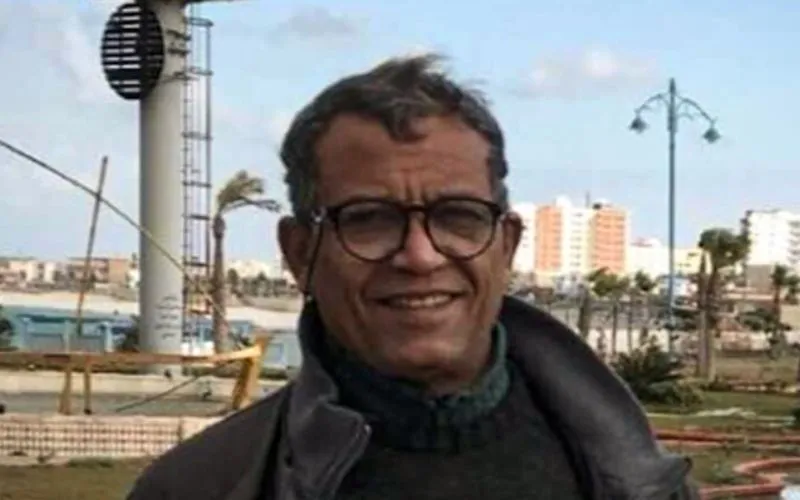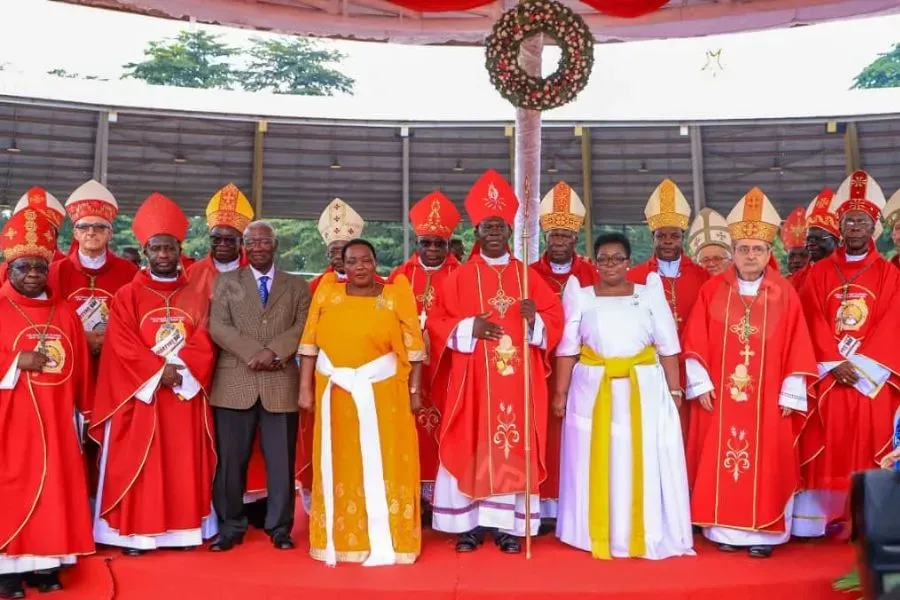In prison since 2021, he has reportedly decided to go on hunger strike.
In a letter he wrote to his family while in prison, Abdul-Baqi says, “The reason of my strike is that they arrested me without any legal justification. Or that they convicted me for any violation of the law. And they did not set me free during my remand imprisonment which was ended 8 months ago.”
In the letter, Abdul-Baqi says that he prays to God to protect his entire family, but adds, “I am going to increase my strike in stages until it will be total during the coming weeks.”
ACN reports that on 15 December 2021, Abdul was arrested at his home in Cairo, the capital of Egypt, after allegedly sharing details of his conversion from Islam to Christianity on social media and offering to help others in the same situation. However, the authorities accused him of terrorism.
The Catholic pontifical foundation, which reaches out to the persecuted people of God has acknowledged the wide visibility of Abdul-Baqi’s case, saying, “The issue has already crossed borders and has even come to the attention of the United States Commission on International Religious Freedom, a federal commission of the US government that advises the president and Congress on issues related to religious freedom.”
Meanwhile, a lawyer who helped with the establishment of the United Nations International Day Commemorating Victims of Violence Based on Religion or Belief has said that a lot still needs to be done to improve religious freedom across the world.
In her message for August 22nd, which marks the fifth anniversary of the commemoration as established by the UN General Assembly in 2019, Dr. Ewelina Ochab, a lawyer, author, and human rights advocate, who came up with the idea and helped secure the support of States for the establishment of the commemoration told ACN that “sufficient, concrete action has yet to be undertaken”.
“The situation has not improved, and worldwide, there are still far too many examples of religious violence,” Dr. Ochab says in an August 19 ACN report, and adds, “From Darfur to the DRC, from Nigeria to Cameroon, to Nagorno-Karabakh, and the list goes on. Also, in Iraq, 10 years after the IS atrocities, the situation for minorities in Iraq is getting worse, and the future looks bleak.”
Dr. Ochab says that the commemoration must be accompanied by action.
“The international day in itself can educate, but states need to do more to actually prevent such violence. This will not happen without action,” she says, and adds, “We must have strong mechanisms to ensure identifying early warning signs and risk factors, and comprehensive strategies to respond. We must ensure that all such crimes are investigated and prosecuted, and we must ensure that victims are provided with the assistance they need.”





